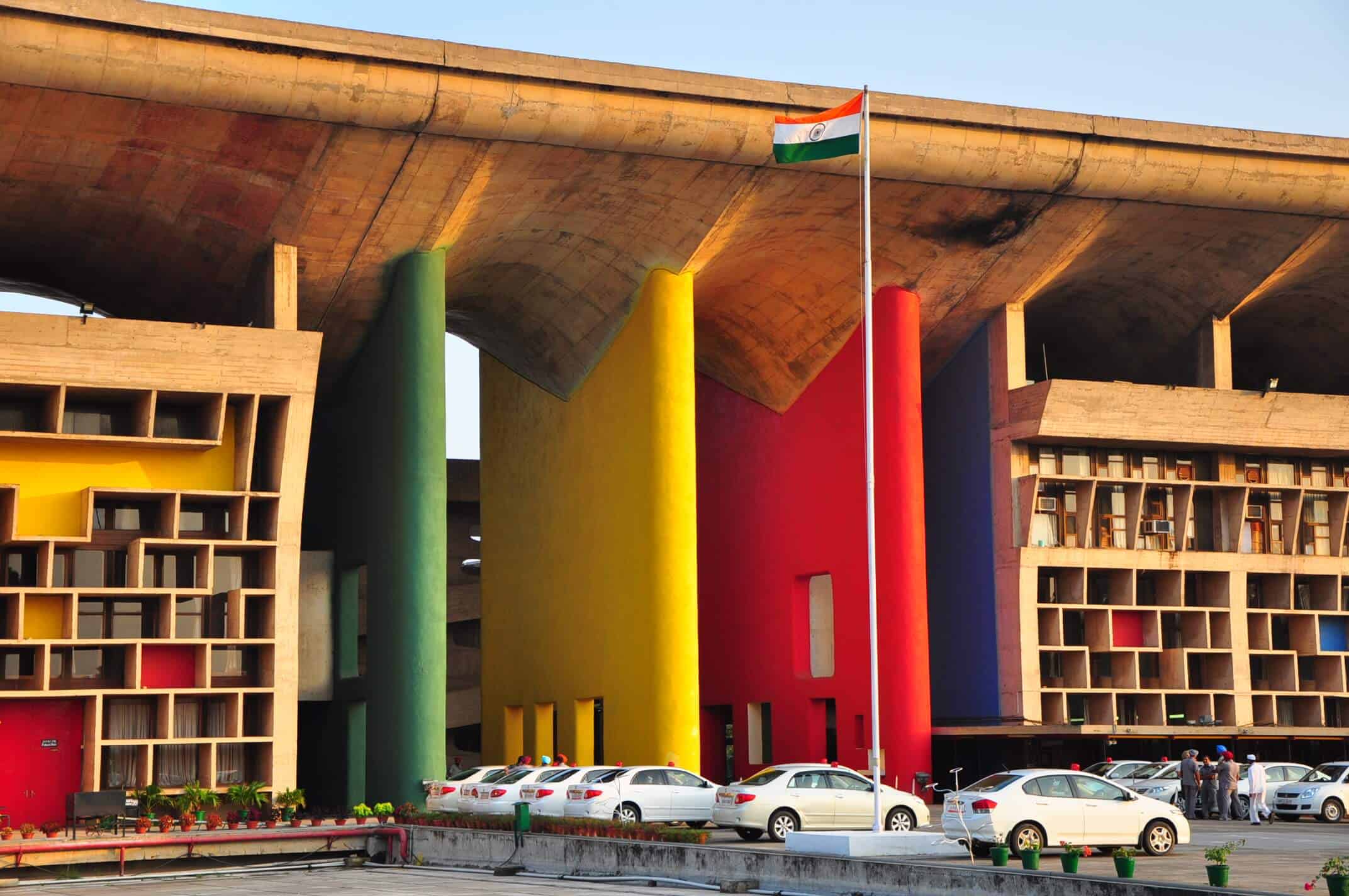A two-judge bench of the Telangana High Court, comprising Chief Justice Raghvendra Singh Chauhan and Justice B Vijayasen Reddy, observed that the court cannot direct the government to take a policy decision on online classes conducted by private schools.
“It is the duty of the state to take policy decisions considering the plight of people,” the panel said. A petition was filed by Abdul Raheem in public interest faulting the action of private schools in forcing students and their parents to pay full tuition fee for the online classes.
He complained that the motive of private schools was only to gain money during these troubled times. The petitioner complained that due to lack of circulars by the government to regulate online classes, children, parents and schools were suffering.
Referring to the schools in West Bengal which waived the tuition fee, the petitioner raised concern over the way in which full tuition fee was being collected by schools in Telangana.
He also referred to the Uttarakhand High Court judgment on regulation of tuition fee collected by private schools.
Read also : Haryana State Vigilance books 14 Govt Servants for Illegal Educational Degrees
The panel observed that the order of the Uttarakhand High Court was based on a circular issued by the Uttarakhand government and questioned whether any such circular was issued by the Telangana government.
“If there are no rules or guidelines that prohibit schools from running online classes, the court cannot interfere,” the panel opined and dismissed the case.
Funds for physically challenged
The same panel questioned the government about the difficulty in spending Rs 10 crore for the disabled in the State. “Is that the government does not have money or is that government is least concerned about the disabled people,” the panel questioned. It sought details on other schemes that cover the physically challenged people not covered under the Aasara scheme. IAS officer Shailaja informed the court that the government has already created a contingency fund of Rs 3.5 crore for such people. She pointed out that the government was providing Rs 3,000 per month to each disabled person, the highest in the country. Even ration and critical needs were addressed by the government, she said. “The physically challenged people are mostly unemployed and dependent on government, what is the difficulty in creating Rs 10 crore fund,” the panel asked. It further asked as to how a mere sum of Rs 1 lakh fund would be sufficient to all the physically challenged people in an urban area like Warangal. “Unfortunately bureaucrats are reluctant to go out to the countryside and inspect the implementation of schemes. The British bureaucrats went to each and every inch of our country though they did not have technology the modern bureaucrats have. It’s almost like Eskimos culture of Alaska. We are abandoning the old-age people willing to throw them into trash,” Chief Justice Chauhan said. Directing the officer to submit a detailed report, including details pertaining to the number of physically challenged persons who approached department and utilised fund, by July 15.
Read also : SBI Urges UK Home Secretary To Reject Vijay Mallya’s Asylum Plea
Encroachments of government lands
A two-judge bench, comprising Chief Justice Raghvendra Singh Chauhan and Justice A Abhishek Reddy, voiced displeasure at the manner in which the authorities were dealing with government lands in the State. It was dealing with a public interest litigation pertaining to encroachment of lands at Gadmaguda village, Gandipet. “We doubt if the government is really aware of its lands available in the State,” it observed. The court doubted whether the authorities were acting to serve the interests of political leaders. While Krishna Goud of Hyderabad filed a PIL questioning the inaction of revenue authorities against encroachers, a batch of writ petitions were filed by Vijay Laxmi and others questioning notices issued under the Land Encroachment Act by the Tahsildar, Gandipet. Vijay Laxmi and others contended that they were in continuous possession of their lands since 1987 and the notices were illegal. They complained that they were not issued notices at the time of surveying lands and, therefore, issuing an encroachment notice under Section 7 was illegal. The panel directed the revenue authorities to file their counter detailing the procedure followed in surveying the lands and issuing notices. It will continue to hear the matter on July 22.
Safety measures at old-age homes
The same panel directed the Social Welfare Department to ensure Covid-19 safety measures are meticulously followed in old-age homes in the State. The panel specifically directed the department to ensure masks, sanitisers and social distancing. “Footfall should be reduced as far as possible, thermal screening of staff, management and everyone must be done,” the panel said. It directed the state to ensure nutritious food in line with the medical needs of the inmates. It also directed the government to file a compliance report on the directions issued by July 14. The panel was dealing with a public interest litigation case pertaining to overcrowding of old-age homes. Submitting his report, the Government Pleader admitted overcrowding in the Mother Nest Old Age Home and said the government was taking all steps to shift half of the inmates to other homes. The panel observed that three old-age homes that were sanctioned Rs 50 lakh each were not completed yet.
Source Link




